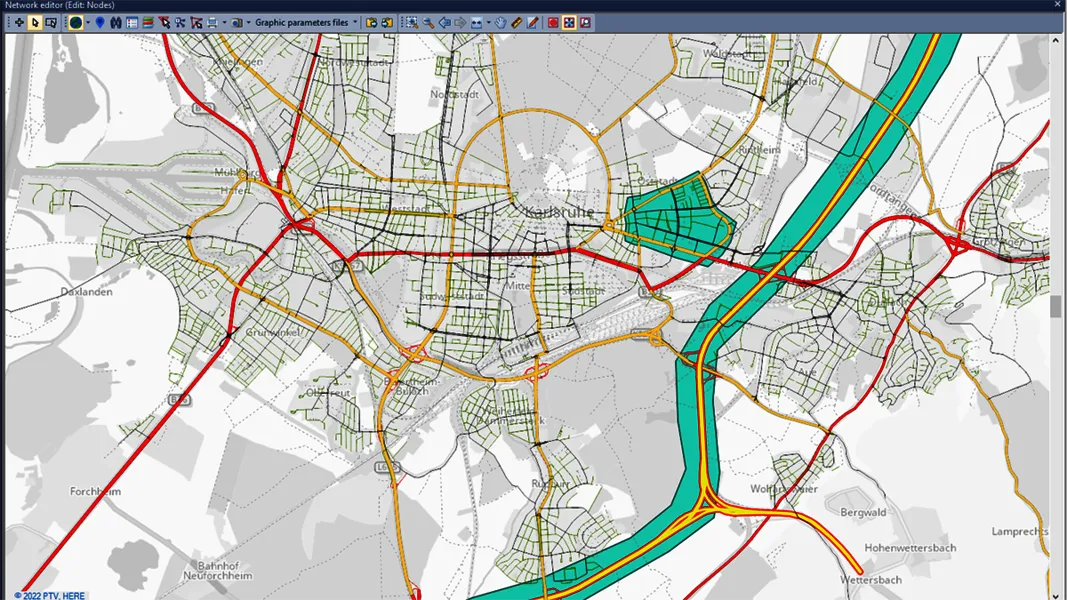Moscow, which has to contend with heavy congestion on its arterial and ring roads during rush hour, relies heavily on its newly-implemented intelligent transportation system (ITS). At the heart of the system is PTV Group’s model-based PTV Optima, which delivers accurate traffic information in real-time and enables dynamic forecasting for a timescale of 60 minutes. PTV Optima collects, compares, validates and combines data from multiple sources to produce a coherent and detailed traffic picture. Using a comb
February 26, 2015
Read time: 2 mins
Moscow, which has to contend with heavy congestion on its arterial and ring roads during rush hour, relies heavily on its newly-implemented intelligent transportation system (ITS). At the heart of the system is 3264 PTV Group’s model-based PTV Optima, which delivers accurate traffic information in real-time and enables dynamic forecasting for a timescale of 60 minutes.
PTV Optima collects, compares, validates and combines data from multiple sources to produce a coherent and detailed traffic picture. Using a combination of real-time data, analytics and validated transport modelling, PTV Optima provides transport authorities with real-time traffic information for the entire road network. During the implementation in Moscow, emphasis was placed on the connection to the city's signal control systems which will help traffic managers to react flexibly to future traffic conditions through adaptive changes.
The model-based simulation approach relies on a physical interpretation of the traffic network and conditions, enabling even the effects of unexpected events, such as accidents or road works, to be forecast and the effects of alternative traffic management measures simulated in real-time.
In addition to real-time traffic monitoring and its map-based visualisation, the dynamic transport model of Moscow has a number of additional modules, including residency requirements and taxi occupancy rate, with the ability to send or create ‘heat maps’ in order to locate accident black spots on the transport network and eliminate their causes.
"PTV Optima is the key to successful traffic management," said Miller Crockart, vice president Global Sales and Marketing Traffic Software, PTV Group. "Our model-based approach is unmatched in its field. The additional functions make the Moscow ITS system unique."
PTV Optima collects, compares, validates and combines data from multiple sources to produce a coherent and detailed traffic picture. Using a combination of real-time data, analytics and validated transport modelling, PTV Optima provides transport authorities with real-time traffic information for the entire road network. During the implementation in Moscow, emphasis was placed on the connection to the city's signal control systems which will help traffic managers to react flexibly to future traffic conditions through adaptive changes.
The model-based simulation approach relies on a physical interpretation of the traffic network and conditions, enabling even the effects of unexpected events, such as accidents or road works, to be forecast and the effects of alternative traffic management measures simulated in real-time.
In addition to real-time traffic monitoring and its map-based visualisation, the dynamic transport model of Moscow has a number of additional modules, including residency requirements and taxi occupancy rate, with the ability to send or create ‘heat maps’ in order to locate accident black spots on the transport network and eliminate their causes.
"PTV Optima is the key to successful traffic management," said Miller Crockart, vice president Global Sales and Marketing Traffic Software, PTV Group. "Our model-based approach is unmatched in its field. The additional functions make the Moscow ITS system unique."










